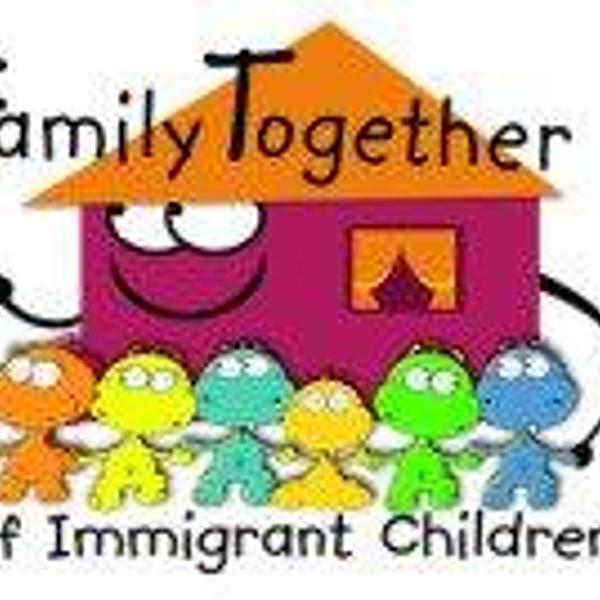
Supporting linguistic and social integration through shared language learning
How can we help make sure everyone has the chance to participate in civic life? What are the biggest barriers to social inclusion? For families who have moved to a new country, one of the most important barriers is language. One obvious challenge is learning the language of the country you have moved to. But there are other challenges that sometimes get overlooked. For example, the negative attitudes that people may encounter towards their own languages and traditions. Faced with these negative attitudes, some families stop using their home language altogether, and others might retreat from the new society in order to avoid feeling judged.
The idea behind the SOFT project is that the diverse languages and cultures that people bring with them when moving countries are a huge asset. Integration is not about forcing people to stop using their home language; it’s about creating a situation where everyone feels valued and accepted. We want people to feel comfortable using both their home language *and* the language of their new country. The SOFT project takes schools as an important starting point for this feeling of acceptance, by encouraging classes to learn a language together.
A key point of the project is that the language learning is based on collaborative activities in which children work together as a group in the classroom. Here, everyone is equal, regardless of their first language. The children learn the value of speaking more than one language, and in time they may also come to benefit from some of the cognitive advantages of bilingualism. Most important is the sense of belonging that the children get from exploring a brand new language together. Teachers and parents then work together on additional activities, strengthening the relationship between schools and families which is so important for childrens’ futures.
(1) “Enhance the linguistic abilities for all the children involved”
(2) “Encourage social integration through collaborative activities”
(3) “Improve the relationship between school and families”
December 2012 – November 2015
This project has been funded with the support of the European Commission